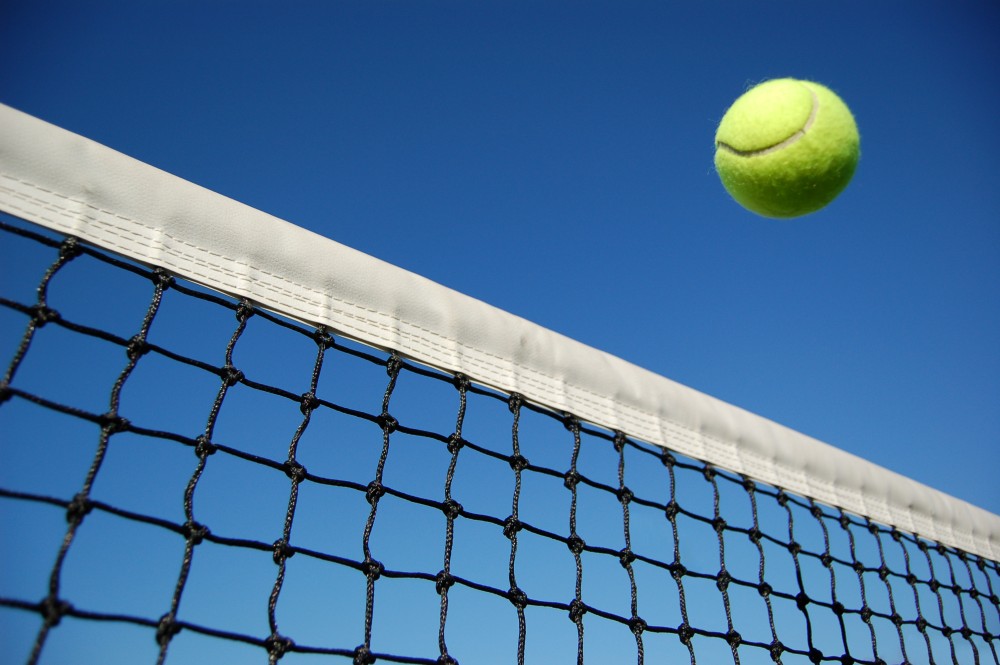Judgment, sportsmanship, and forgiveness
When the athlete disagrees with the umpire's call

In the heat of Grand Slam tennis, when players are racing around to smack a little yellow ball at incredibly high speeds, the chair umpire can go largely unnoticed. Seated high up on a canopied platform that could double as a lifeguard tower, the umpire scrutinizes the action below and keeps track of the score. A mental toughness is critical for the job. Judgment calls and rule interpretation happen under the intense scrutiny of players and fans. It’s not a calling for the fainthearted. Quick reflexes, keen eyesight, and a calm demeanor are requisite. Good umpires leave their subjective feelings behind in the dressing room, and they bring their personal integrity and respect for the game out to the court.
The usual decorum that accompanies the work of the chair umpire disintegrated rapidly during the second set of the U.S. Open women’s singles championship last month when Serena Williams challenged three penalties assessed by chair umpire Carlos Ramos. The series of dust-ups may have cost Williams the match, though 20-year-old winner Naomi Osaka played spectacular tennis.
Media outlets love controversy involving a star, so when Williams pointed her finger at Ramos, called him a thief, and accused him of sexism, that’s all reporters needed to have for weeks of news.





